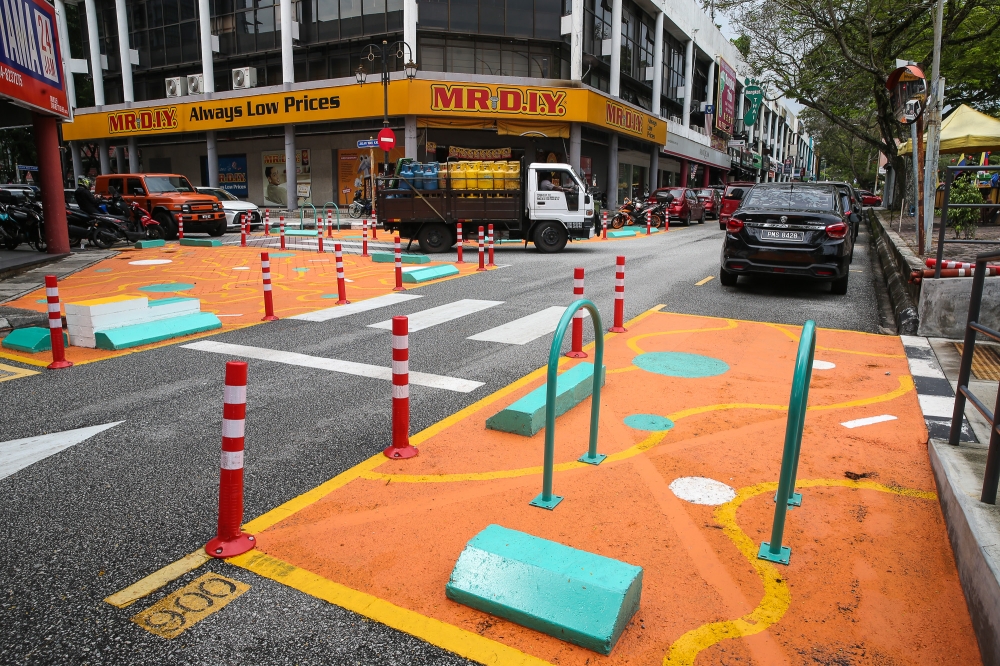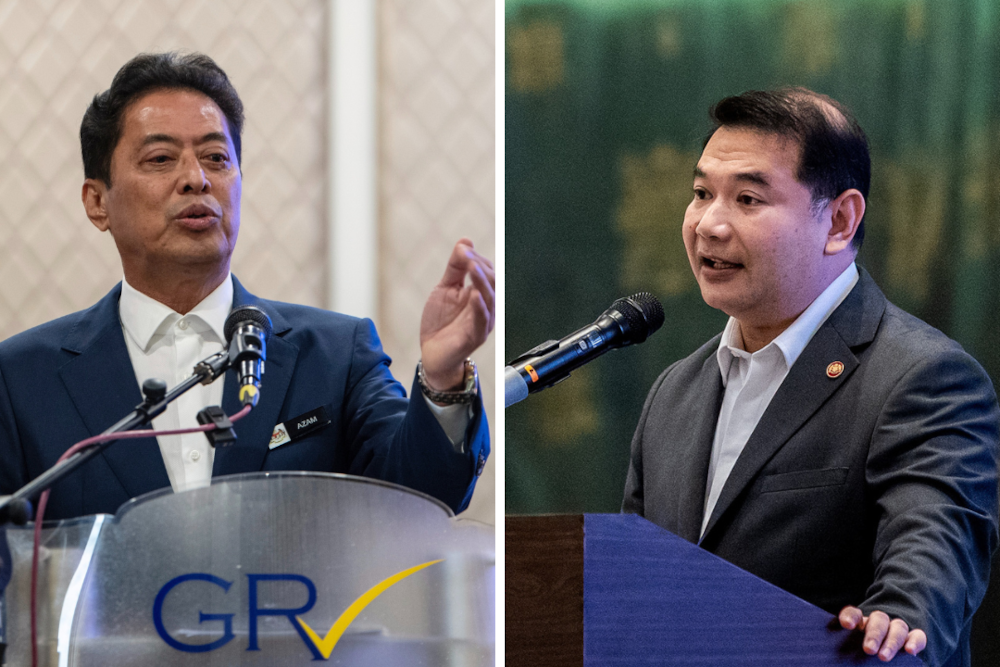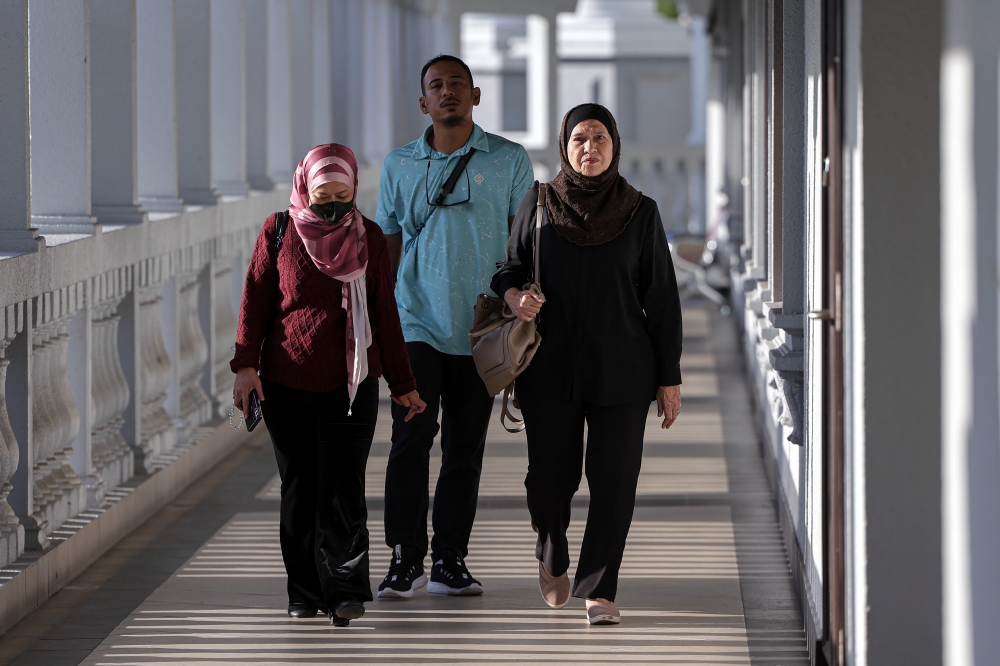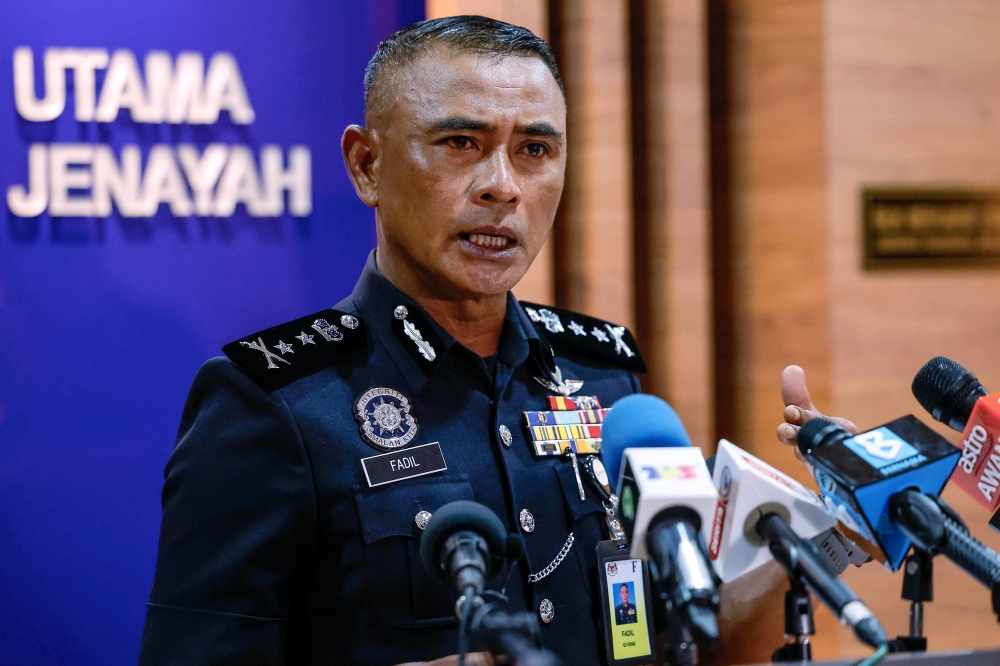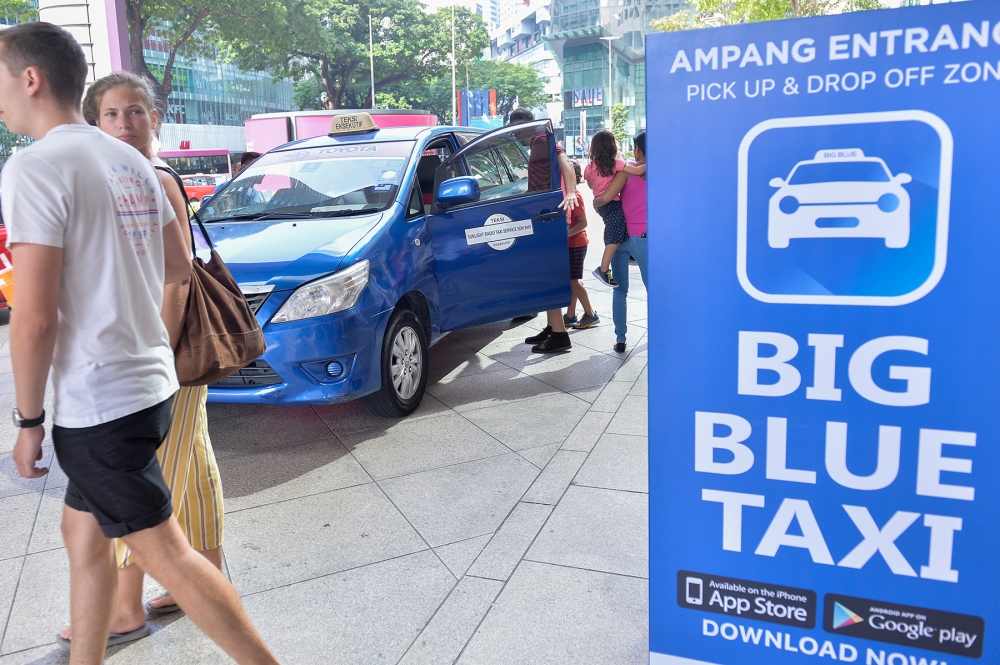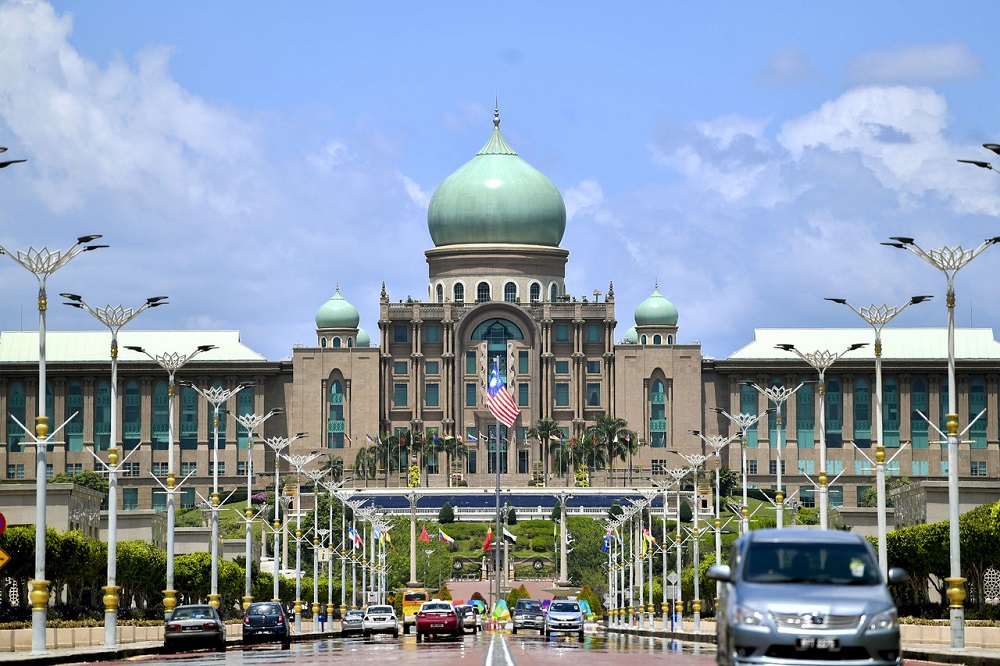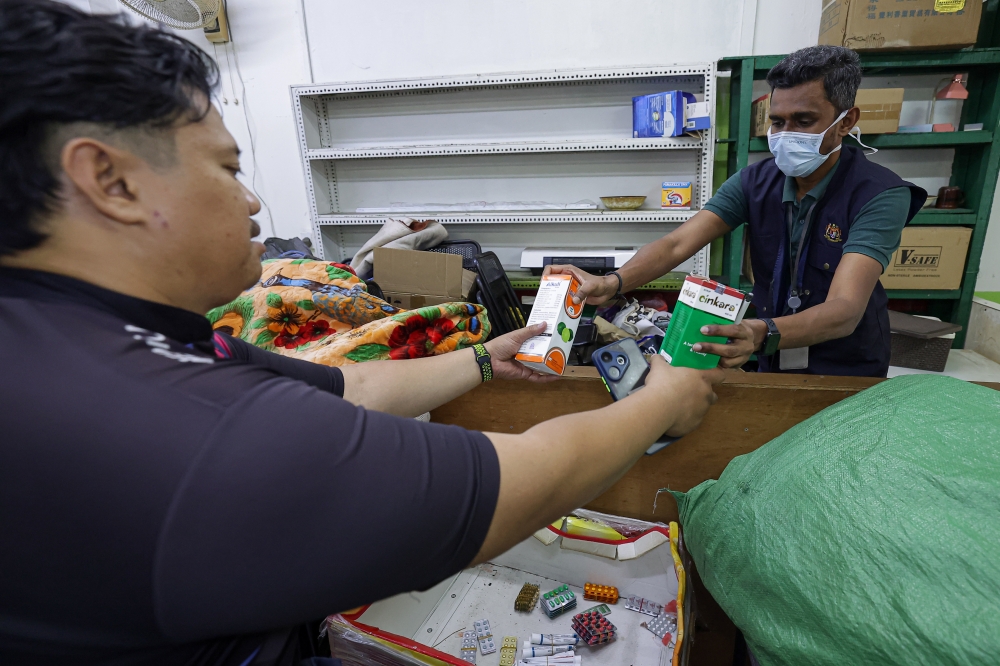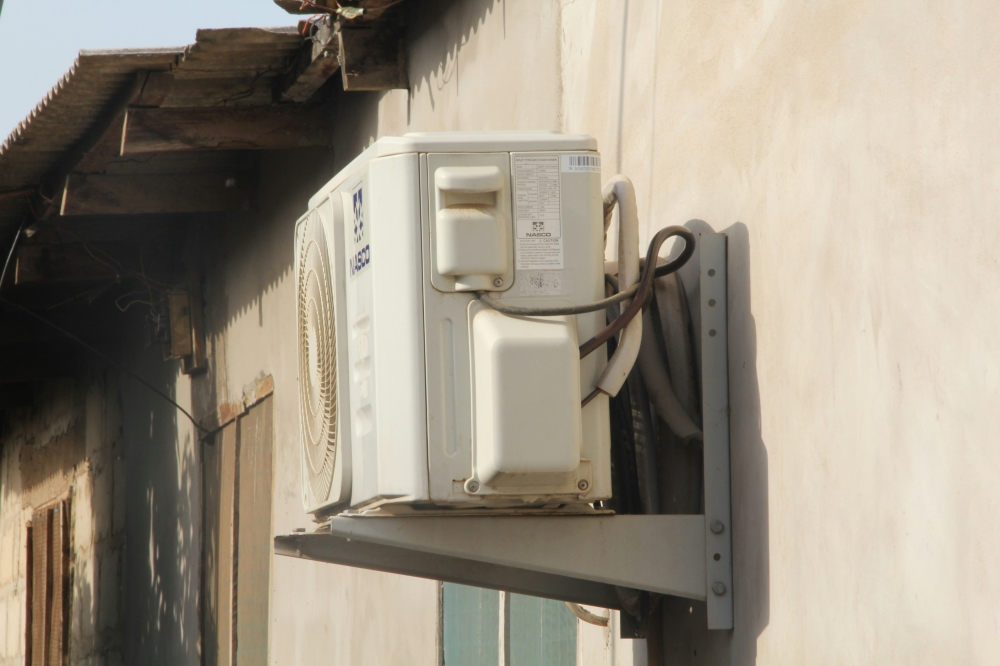KUALA LUMPUR, Jan 12 — With just hours before the movement control order (MCO) kicks in again in parts of Malaysia, the Ministry of International Trade and Industry has released the full list of companies that can operate during the MCO.
The MCO kicks in from January 13 to January 26 in Selangor, the Federal Territories (Kuala Lumpur, Putrajaya, Labuan), Johor, Penang, Sabah and Melaka.
International Trade and Industry Minister Datuk Seri Mohamed Azmin Ali today said the government has decided to allow five essential economic sectors to continue operating during the MCO period, as the six states under the MCO are key drivers of Malaysia’s economy and collectively contribute 66.3 per cent of the country’s total gross domestic product (GDP).
Selangor’s contribution to Malaysia’s GDP is at 24.2 per cent, while the rest are federal territories (16.9 per cent), Johor (9.4 per cent), Penang (6.7 per cent), Sabah (6.0 per cent) and Melaka (3.1 per cent), he said.
“The government's decision to allow five essential economic sectors including manufacturing to operate is to ensure the country's economic recovery process, business sustainability, avoid high unemployment rates among Malaysians and ensure people continue to gain access to basic and critical necessities, throughout the MCO period,” he said in a statement today.
The five broad sectors are manufacturing, construction, services, trade and distribution, as well as plantations and commodities.
Miti today also unveiled a full list of essential services that will be allowed to operate during the MCO, including the relevant supply chains, with the list current as of January 12, 2021. Other than the five sectors and their related industries, there is also a catch-all phrase where those not included in the list can be allowed to operate after talks with the relevant authorities and as decided by the Health Minister.
Below is Malay Mail’s translation of the list provided in Malay:
A. Factories and manufacturing
1. Aerospace including MRO (maintenance, repair and overhaul)
2. Automotive (repair and maintenance only)
(Note: The initial list as of January 10 had stated automotive manufacturing and after-sales services, but was updated on January 12 to be only for automotive repair and maintenance).
3. Food, beverages and its chain
4. Packaging and printing
5. Household products, self-care goods (FMCG — fast-moving consumer goods — soap and others) and detergents including its chain
6. Healthcare and medicine including dietary supplements
7. Personal protective equipment (PPE) and fire safety equipment
8. Components for medical tools
9. Electrical and electronics
10. Oil and gas
11. Petrochemicals and petrochemical products
12. Chemical products
13.Machines and tools
14. Ceramics (ceramics as moulds for glove manufacturing)
15. Iron and steel
16. Textile (involving PPE production)
17. Furniture sector
18. Production, refining, storage, supply and distribution of fuel and lubricants
B. Construction
19. Construction:
i. Maintenance and critical repair works
ii. Main works to build public infrastructure
Iii. Building construction works that provide complete worker accommodations at the construction site or workers placed at Centralised Labour Quarters (CLQ)
C. Services
20. Financial services and its chain
i. Financial institutions (Banking, insurance, takaful and other entities that are licenced, approved or registered by Bank Negara Malaysia)
Ii. Capital market entities that are licenced, registered or supervised by the Securities Commission Malaysia
21. Local government and municipal services
i. Pawning services (pajak gadai)/community credit (registered money-lender companies)
ii. Solid waste management / sewerage
iii. Public cleaning
iv. Cleaning of premises and sanitisation
22. Telecommunications and digital infrastructure including ICT services and global business services (GBS)
23. E-commerce and its chain including e-marketplace services, digital payments and local e-dagang internet centres
24. Hotel and accommodation
25. Agriculture, aquaculture and livestock sector including veterinary services:
I. Management of farms/ swallow farms/ horses/ animal processing plants/ slaughter houses/ livestock/ factories for livestock feed/ supplies such as vaccines/ livestock management/ pet stores (operations to shift livestock is at night)
ii. Disease control and supervision of production of livestock, livestock input and products related to the livestock industry (including export and import) and
iii. Health management, diagnosis of illness and treatment of animals
26. Utilities (water and electricity)
27. Professional services (including accountants/ lawyers/ auditors/ engineers/ architects), scientific (including R&D) and technical (including maintenance)
28. Security services
29. Security and defence
30. Land, water and air transportation
31. Port, dock and airport services and undertakings, including stevedorage and moving of cargo, pilotage, storage or bulking of commodities (Perkhidmatan dan pengusahaan pelabuhan, limbungan dan lapangan terbang, termasuk pemunggahan dan pemindahan kargo, pemaliman, penyimpanan atau pemukalan komoditi.)
D. Distribution business (Perdagangan pengedaran)
32. Warehousing and logistics
33. Services/Sales/Distribution of Food and Beverages
34. Retail/ distribution/ wholesale
E. Plantations and commodities
35. Agriculture, aquaculture and livestock and its chain
36. Plantation and commodities and its chain
F. Others
37. Any services, works, industries and businesses as determined by the health minister after discussions with the authorities supervising that service, work, industry and business.
To find out more about the frequently-asked questions prepared by Miti for companies under the MCO, read this story here. Information included are the documents that have to be produced at police roadblocks for workers in the manufacturing industry that are travelling to and fro work during the MCO.
* The article has been updated for accuracy following the release of additional information by the federal government.








